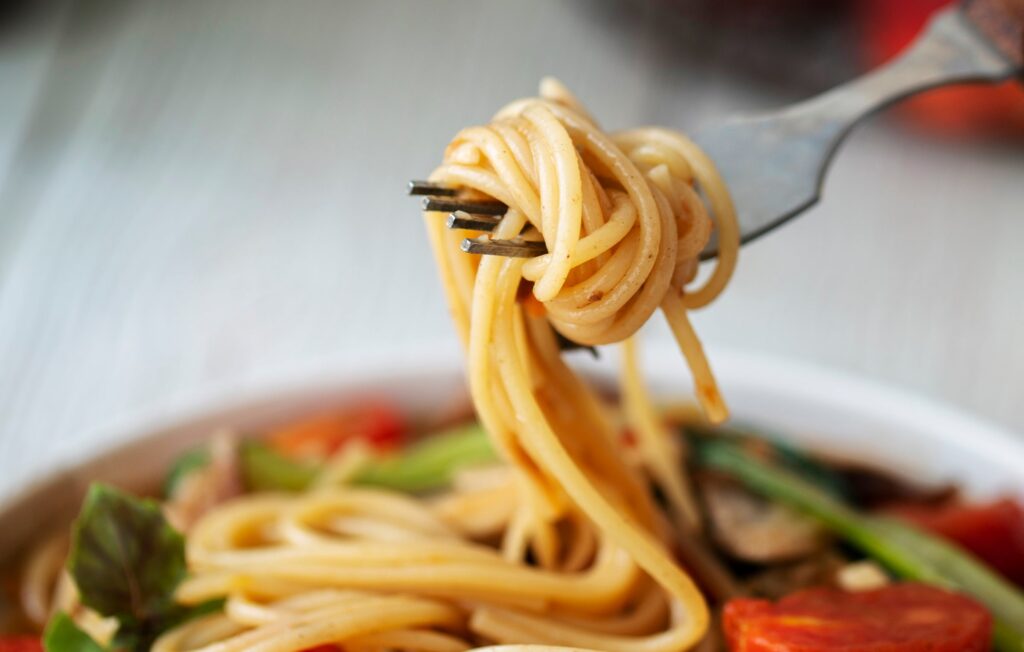Your Ultimate Pre-Marathon Nutrition Guide
As the marathon race day approaches, your training has been extensive, and the countdown begins to intensify. During this exciting time, it is essential to focus on your pre-marathon nutrition. Nutrition plays a crucial role in how prepared you will feel physically and mentally on the big day. Here’s a comprehensive guide to help you navigate your meals in the final week leading up to the race, ensuring you’re in peak condition when the starting gun fires.
Understanding the Taper Week
Taper week is the period when you cut back on your running mileage while your body recovers and gets ready for race day. Tara Martine, a registered dietitian and seasoned runner, emphasizes that “during taper week, the goal is to rest your body and fully recover from all the hard work you’ve put in.” This is also the time to prioritize your nutrition, which not only supports recovery but also builds confidence as you gear up for race day.
Nutrition Focus: High-Carbohydrate Foods
In the final week before your marathon, nutrition becomes paramount. You’ll want to concentrate on consuming high-carbohydrate foods, with at least 70% of your total calorie intake coming from carbohydrates. These sources should be wholesome, such as fruits, vegetables, whole grains, beans, legumes, nuts, and seeds. It’s vital to avoid processed foods and sugary snacks that can hinder your energy levels. This strategy aims to replenish your glycogen stores, ensuring your body has ample fuel for the race ahead.
Hydration is Key
Keeping hydrated is an essential aspect of your nutrition plan. During taper week, aim to drink plenty of water and check that your urine is light yellow to confirm adequate hydration. Air travel can be dehydrating; if you’re flying to your race, don’t hesitate to request extra water from flight attendants. Proper hydration can significantly influence your performance, so make it a priority as race day approaches.
Pre-Race Meals: The Night Before
The night before the race can come with pressure, but a little preparation can lead you to success. Ensure your evening meal is high in carbohydrates and low in fat, allowing your body enough time to digest before the race. Opt for familiar foods that you know work for your system. Avoid high-fiber and spicy foods to prevent any gastrointestinal discomfort. For further meal inspiration, check out this pulled chicken recipe that offers both flavor and nutrition.
Morning of the Marathon: Fueling Up
Race day breakfast can lead to nerves, but it’s crucial to stick to familiar meals that you’ve consumed prior to long runs. Remember the cardinal rule: don’t try anything new on race day. Two to three hours before the race, hydrate well and consume about 15 to 20 grams of carbs about 30 minutes before the start. Sources like gels, chews, or sports drinks can help top off your energy stores. For a delicious and nutritious breakfast option, consider this overnight oats recipe.
Conclusion: Preparing for Race Day
In summary, the final week leading to your marathon is crucial for your overall performance. Prioritize high-carbohydrate, low-fat meals while ensuring adequate hydration. Trust in your training and nutrition plan, and remember that tapered off mileage is just as important as your pre-race nutrition. Focus on providing your body with the necessary fuel it needs to perform at its best. With these nutrition tips, you’ll be well-prepared to tackle your marathon with confidence!
